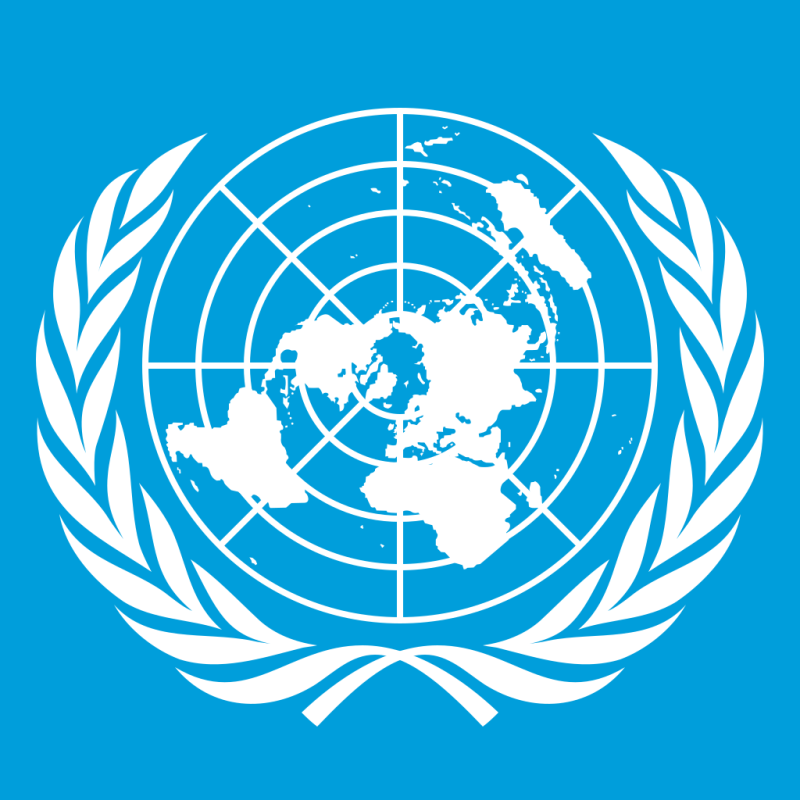A small piece of jurisprudential theory, in light of the HCJ 5658/23 hearing (regarding the amendment to Basic Law: The Judiciary)
In One Line:
If every judicial system is a hierarchical set of rules, what is the starting point? Who determines the supreme norms and how?
The judicial world is the general name for the cycle of life that governs the rules a given society crafts for itself, from their point of origin, through their function, application, enforcement, development, interpretation and up to their possible termination. These rules are arranged hierarchically, with some being “higher” and some “lower”. The regulations a Minister formulates, for instance, by virtue of the authority granted him by law, cannot contradict the authorizing law, since his or her power to regulate arises from that same law, thus making it higher on a normative scale. The law itself is enacted through the Knesset’s authority to legislate, which has been granted it by the people. What is the starting point for the chain of authority that creates the web of rules representing a distinct judicial system?
The question of a normative origin point has been discussed in great measure in the realm of the philosophy of the law as well as by many political scholars. According to the “constituent authority” theory, the original source of any judicial system is the free and sovereign will of the citizens when they draft a constitution that shapes their general judicial framework. French Revolution era scholar and politician Immanuel Joseph Saiyes described the sovereign civic will expressed in the constituent authority as that which “never needs anything but its own existence to be legal. It is the source of all legality”. According to this theory, then, the “Archimedean point” the law relies on is the political liberty and manifest will of the people.
The state of Israel has no constitution. As is well known, from its establishment until the constitutional revolution led by then President of the Supreme Court Aharon Barak in the 1995 Mizrahi Bank ruling, the state functioned as a parliamentary democracy with no higher status granted to basic laws and no judicial review of legislation. Barak grounded his constitutional revolution in assuming superiority of basic laws over regular laws. He sought to claim that the basic laws were an expression of that self-same “constituent power”. According to this theory, the constituent power is not limited and cannot be limited, as it is the expression of the people’s original sovereignty and the source for the validity of all norms and for the authority of all the institutions in a given judicial system.
An alternative theory is Hans Kelsen’s “pure theory of law”. Kelsen formulated the term “basic norm”, which he defines as the only unwritten, original, and supreme norm from which the rest of the judicial system derives its validity. This basic norm is a norm of obedience to the institutions. According to former Justice Yitzhak Engelrad, the basic norm in Israel is, naturally, that the basic laws of the Knesset must be obeyed.
Two theories then explore the starting point of authority: one sees the people and their will as the distillation of a sovereignty above which no other judicial norm exists, the other recognizes a supreme basic norm of institutional obedience.
An identical conclusion can be deduced from both theories, though they examine the question from different angles and on different levels: nothing in the Israeli judicial sphere stands above the basic laws. The region above the basic laws is not a judicial region at all. There is no judicial norm to enforce, apply or interpret in regards to the basic laws without severely violating the original civic liberty of the people.
The existence of an Archimedean point above which there is no legal norm, a point that expresses the sovereignty and will of the people, is not a novel, revolutionary or daring idea. To the contrary, it has been self evident throughout the history of political theory and can further trace its roots to simple “common sense”. After all, if the people are not sovereign and their sovereignty is not the holding Archimedean point and the source for all norms, then someone or something else is the hidden sovereign.
The discussion of what should and should not be written into basic law needs to be held in a non-judicial arena – the public and political one.
By: David Peter
Further Reading:
Englard, Yitzhak. Introduction to Law, Chapter 5: The Source for a Normative System’s Validity
יצחק אנגלרד, מבוא לתורת המשפט, פרק חמישי: מקור התוקף של מערכת נורמטיבית (עמ’ 57-47), מהדורה שנייה (2019)
Published originally in the KPF news-sheet, “One Line Answers” (B’Mishpat Echad)



